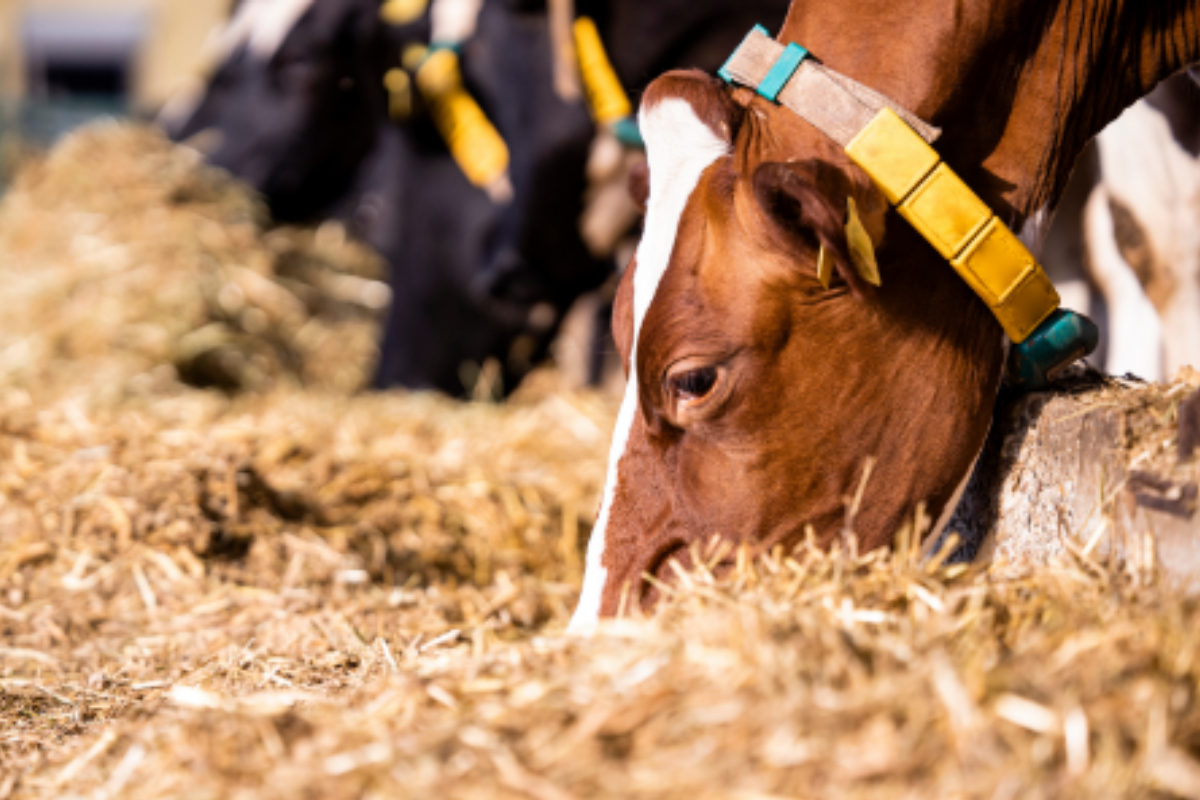The effectiveness of Bacillus coagulans Against Zoonotic Bacteria.
Farm animals can sometimes carry harmful bacteria that can spread to people and cause illness, known as zoonotic bacteria or diseases. A natural way to reduce the risk for both the animal and human is to let a probiotic feed additive restore the microbiota balance and reduce the pathogenic bacteria load.
The best prevention for diseases is eliminating the pathogen or preventing any contact with the pathogenic bacteria or virus. In farm conditions, this is not always possible. Some of the pathogenic bacteria can be found in the intestines of many animals and can cause disease when there is stress or during decreased immunity, amongst others. Pathogenic bacteria are also naturally found in reservoirs such as groundwater and soil.
Beat the bad with the good.
From the farm profitability, animal health, and welfare point of view and a human health perspective, it is crucial to mitigate the so-called zoonotic bacteria such as E. coli, Salmonella and Campylobacter as best as possible. A great way to get these bacteria under control is to control them with their counterparts: the beneficial bacteria.
Beneficial bacteria, or “probiotics”, have been used for years in animal nutrition to support the balance between pathogenic and beneficial bacteria in the animal’s intestinal tract. A new addition to the probiotic toolbox is TechnoSpore®, based on Bacillus coagulans DSM 32016.
Suppressing E. coli while improving performance.
TechnoSpore® (hereafter called ‘the probiotic’) utilizes many modes of action to beneficially modulate the gut microbiome, including competitive exclusion and direct inhibition. This has been shown in a range of trials. In vitro trials looked at the specific growth rate of two different pathogenic E. coli strains co-incubated with the supernatant from the probiotic cultures in buffered media. The results of this in vitro study showed that the specific growth rate of both E. coli strains was reduced when Bacillus coagulans-driven supernatant was added (Figure 1). Another in vitro trial (Brazil) demonstrated that probiotic supplementation reduced E. coli counts in feces and significantly improved fecal consistency, suggesting healthier intestinal conditions.

Salmonella and Clostridium Control.
Salmonellosis and necrotic enteritis caused by Salmonella typhimurium and Clostridium perfringens have emerged as significant diseases associated with major economic losses in the poultry industry worldwide. In addition to causing tremendous performance losses in birds, both S. typhimurium and C. perfringens are also foodborne pathogens and thus critical bacteria from both a human nutritional and veterinary perspective. Trials showed that when broilers are challenged with both bacteria while receiving the probiotic, daily weight gain and FCR are improved, and mortality is reduced (Figure 2). This means that the probiotic controls performance losses in broilers caused by C. perfringens and S. typhimurium.

Conclusion.
TechnoSpore® is an effective tool to reduce zoonotic bacteria and the associated performance drops in farm animals. Adding this probiotic not only has a positive effect on animal health and farm profitability, but it also keeps zoonotic bacteria under control. It hence lowers the risk of foodborne diseases from livestock animals.
Get in touch with us to discover the benefits of TechnoSpore®.











